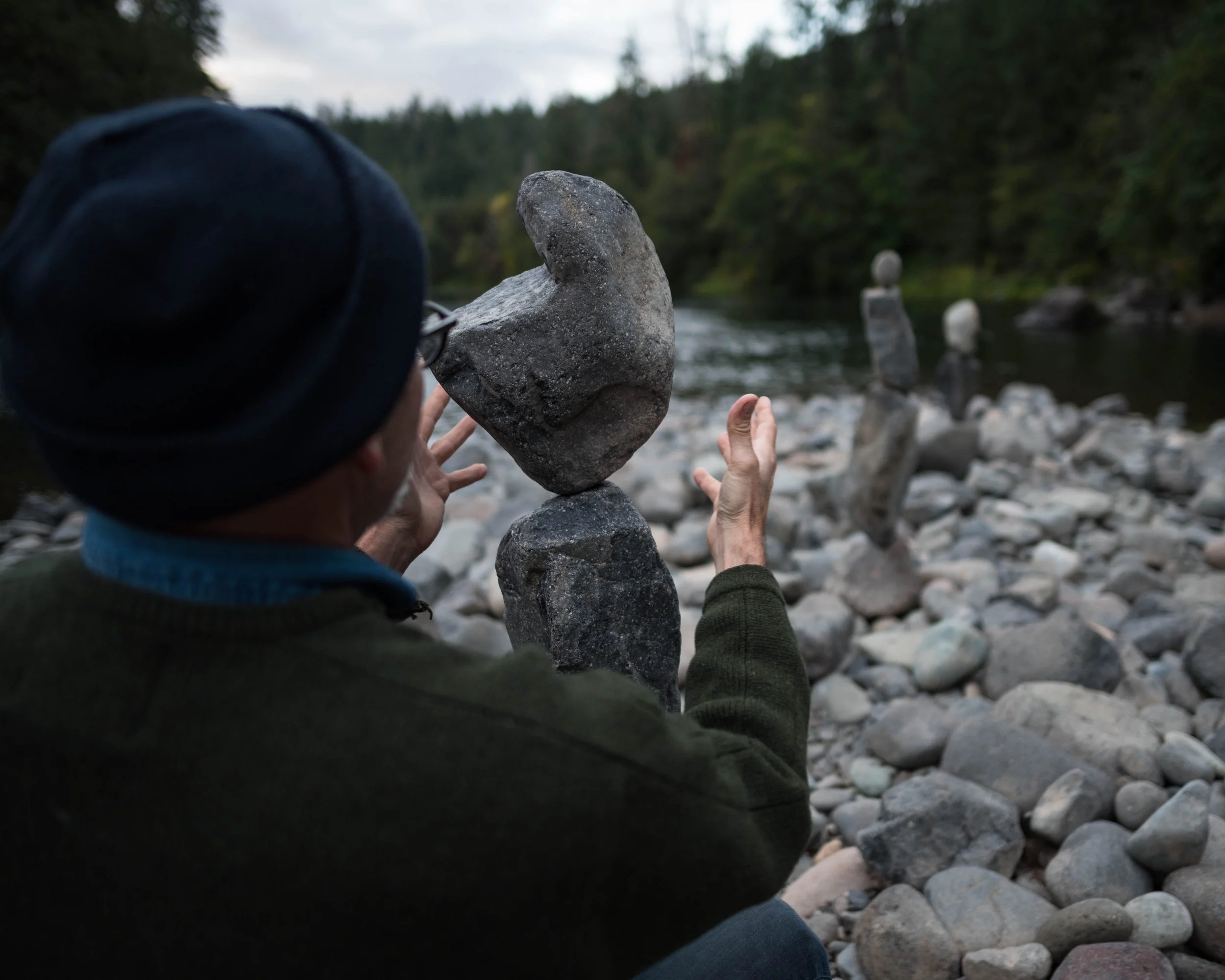Been feeling busy? Perhaps out-of-balance?
Even when we’ve been practicing for years it can be tempting to look for well-being elsewhere. We imagine a light at the end of the tunnel. That things will be different when, “I can meditate more often," or “When life gives me more contemplative time.” How would you fill in that blank?
Such beliefs may come from a direct experience of the benefits of meditation practice. However, these beliefs can reinforce a story that we need to reach the end of the tunnel for salvation. That there’s something wrong with being in the tunnel. That the tunnel itself isn’t sacred. That you need to be somewhere other than here — with what is — to experience peace.
Consider that your presence on the cushion doesn’t guarantee balance. It’s what you bring to the cushion that matters. The same could be true of the fullness of our lives. It’s what we bring to it.
What shifts when we focus on creating a life of certainty? A life of certainty that whether you are in the darkest spot of a tunnel or whether you are in the blazing sunlight of an open meadow, your inner state doesn’t change. Your understanding of yourself doesn’t change.
It is in your consciousness that spaciousness exists.
It is an illusion that the cushion brings peace and balance. It can. It’s not a given.
It’s an illusion to think that the person who is very busy cannot be in balance. They can. It’s not a given.
We forget that we are, inherently, the balance that we seek. It’s not situational. If you embrace the darkness of the tunnel, or the density of a forest with a thick canopy – the busyness of our lives is just that. It’s just like walking through a forest. It is possible to find the openness in the dark places. This cannot happen, however, when the attention is consumed by the narrative that there is something wrong — with where we are, with how we are, with who we are.
Of course, without consciousness of process, unconscious busyness can lead to health problems – physical and emotional. Or the loss of our ability to savor our experience. Or our capacity to find joy in life. It is no wonder in practice we can tend to demonize fullness.
It’s not necessary to though. We can focus on certainty. The certainty in understanding that life can be trusted. Our collective story might say, “I’m oppressed by the demands of the world. The demands that keeps me from my connection to source.” Such stories stand in the way of understanding.
The certainty of our experience of that which doesn’t change can be relied on.
Join Caverly on World Wide Insight this Sunday, October 1st to explore this more fully. Join Caverly to discuss a practice that opens the way to a life of certainty in an uncertain world.




